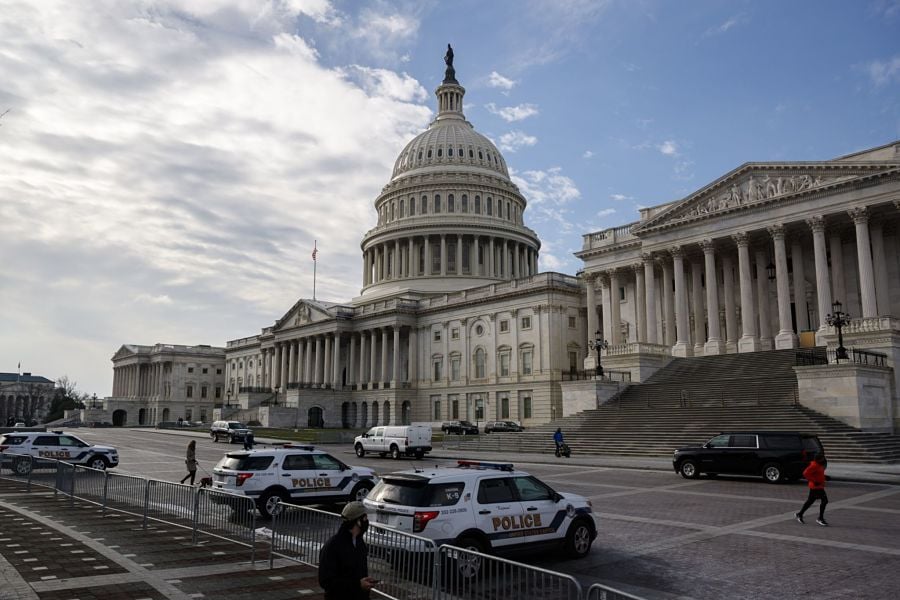

Sens. Elizabeth Warren, D-Mass., and Steve Daines R-Mont., have reintroduced a bipartisan bill — the Retirement Savings Lost and Found Act of 2021 — to help track retirement accounts as participants move between jobs.
According to investment manager TIAA, an estimated 30% of U.S. workers have left a retirement account at their previous employer. The Government Accountability Office estimated that between 2004 and 2013, an estimated $8.5 billion was sitting in lost retirement plans.
“Millions of Americans lose thousands in savings each year because of lost retirement plans from previous employers and other roadblocks to tracking multiple accounts,” Warren said in a press release.
The bill calls for the creation of a national lost and found for retirement accounts that would use data that employers are already required to report. The bill also would make it easier for plan sponsors to move small accounts into age-appropriate target-date funds, and would require plan sponsors to send lost, uncashed checks of less than $1,000 to the Office of Retirement Savings Lost and Found so that individuals can locate the money and continue to save for their retirement.
The legislation is supported by the Pension Rights Center, American Benefits Council, and the ERISA Industry Committee, the sponsors said in a release.

A new proposal could end the ban on promoting client reviews in states like California and Connecticut, giving state-registered advisors a level playing field with their SEC-registered peers.

Morningstar research data show improved retirement trajectories for self-directors and allocators placed in managed accounts.

Some in the industry say that more UBS financial advisors this year will be heading for the exits.

The Wall Street giant has blasted data middlemen as digital freeloaders, but tech firms and consumer advocates are pushing back.

Research reveals a 4% year-on-year increase in expenses that one in five Americans, including one-quarter of Gen Xers, say they have not planned for.
Orion's Tom Wilson on delivering coordinated, high-touch service in a world where returns alone no longer set you apart.
Barely a decade old, registered index-linked annuities have quickly surged in popularity, thanks to their unique blend of protection and growth potential—an appealing option for investors looking to chart a steadier course through today's choppy market waters, says Myles Lambert, Brighthouse Financial.
